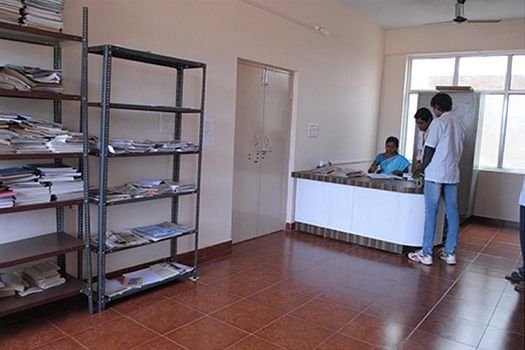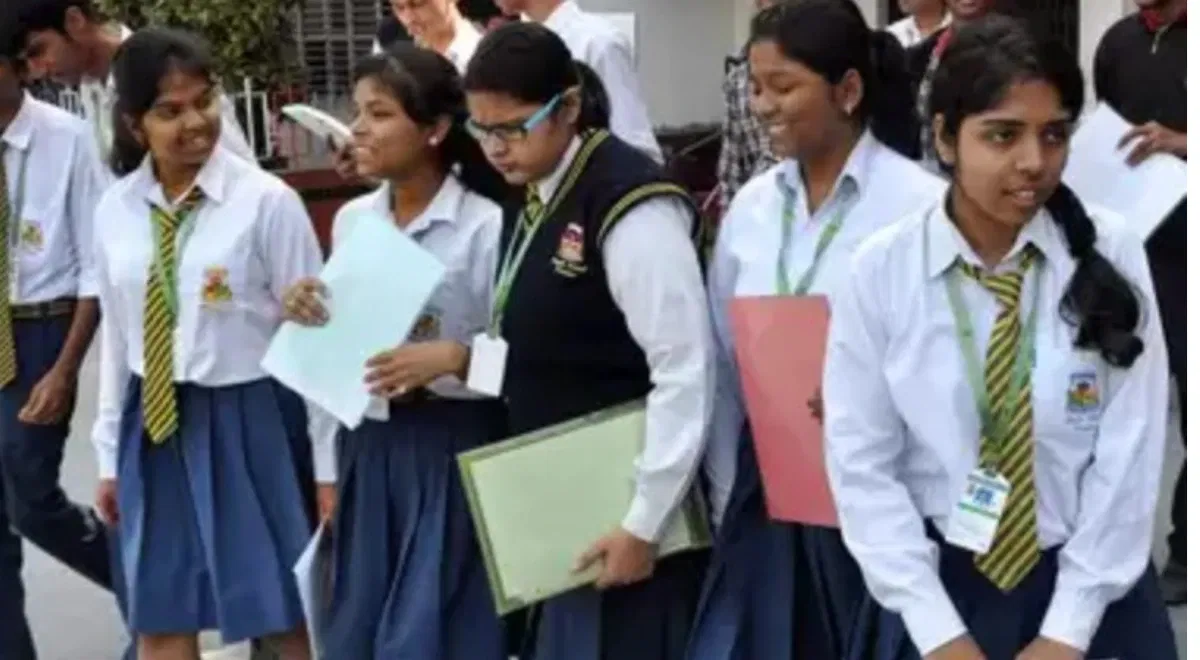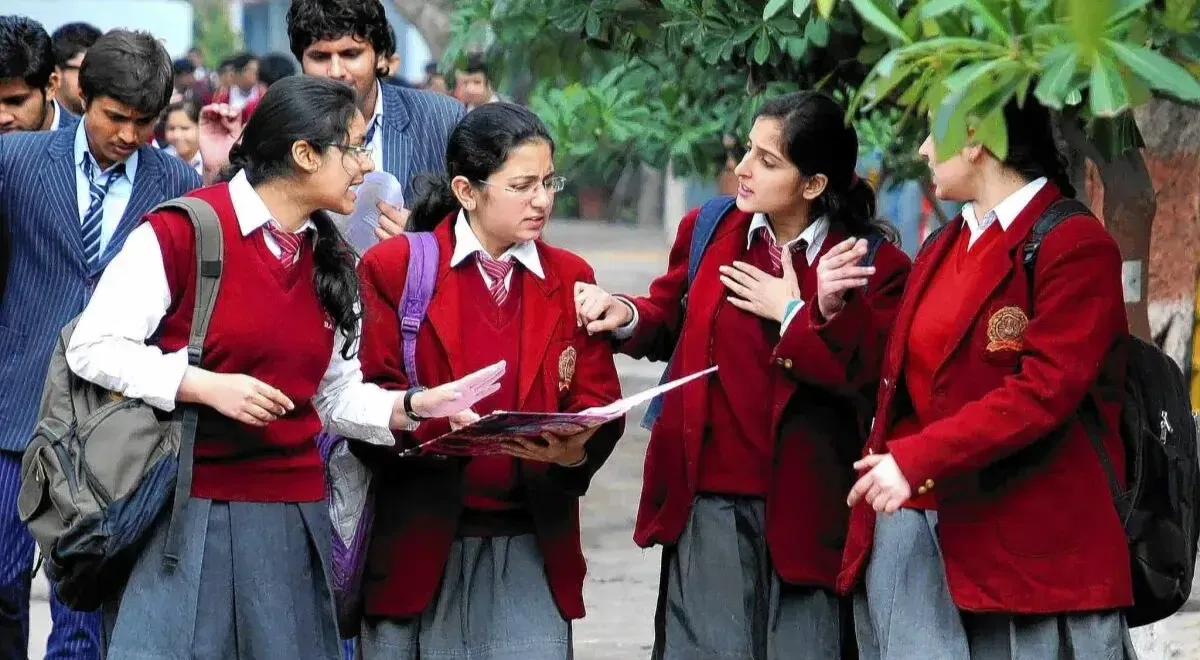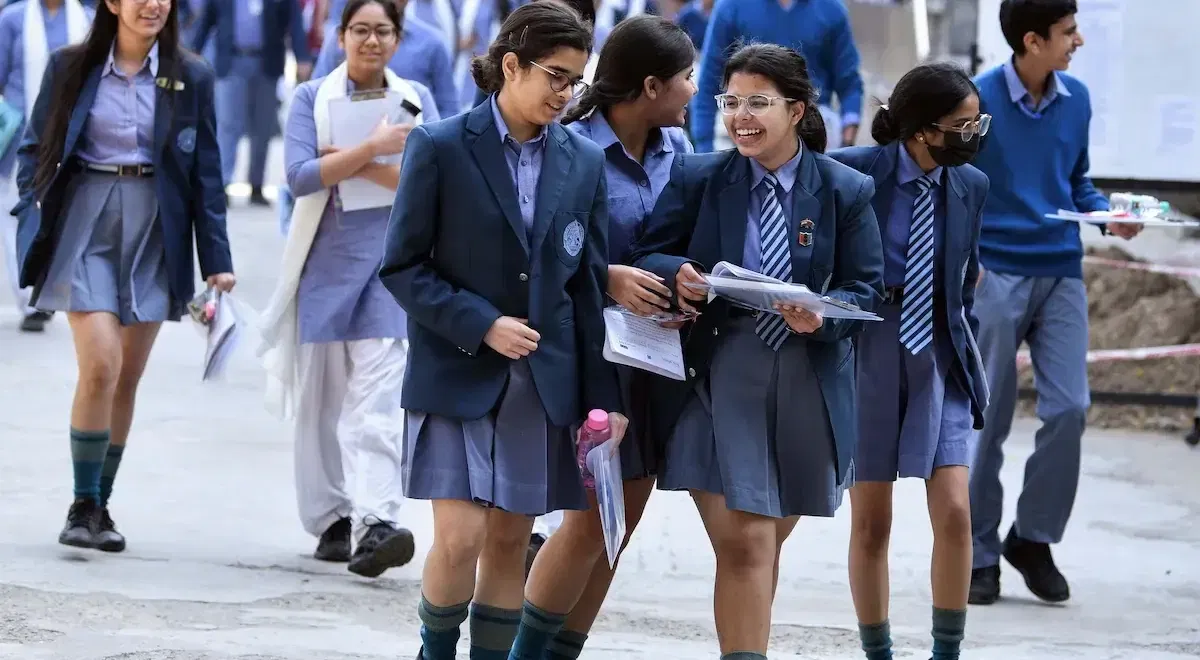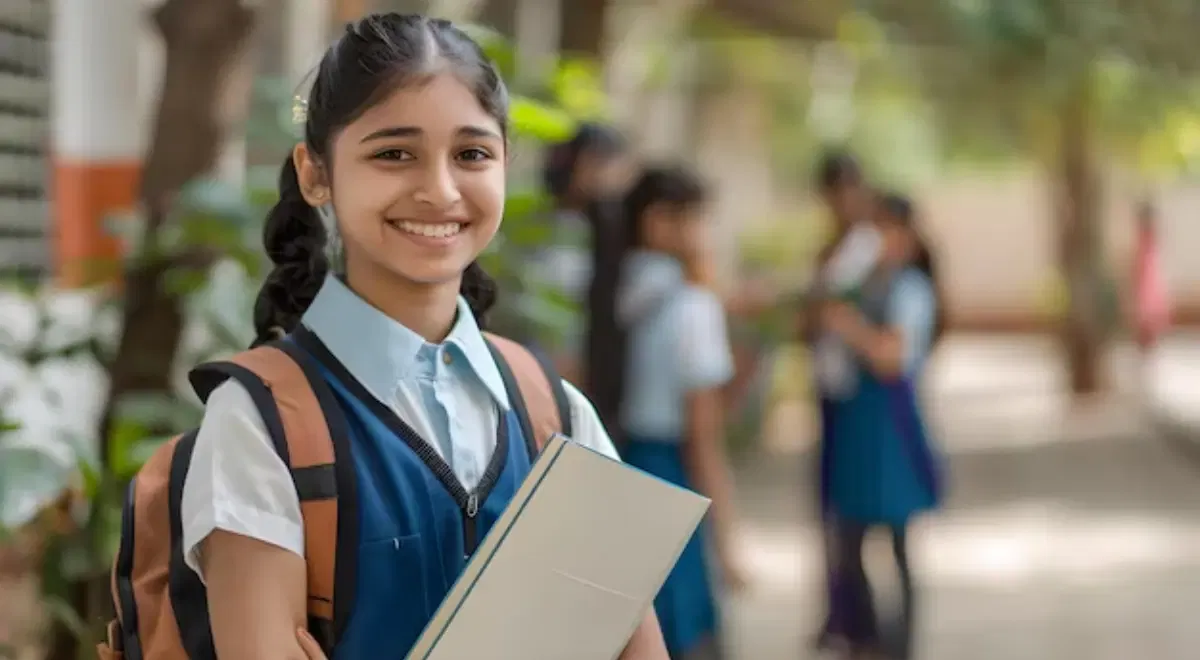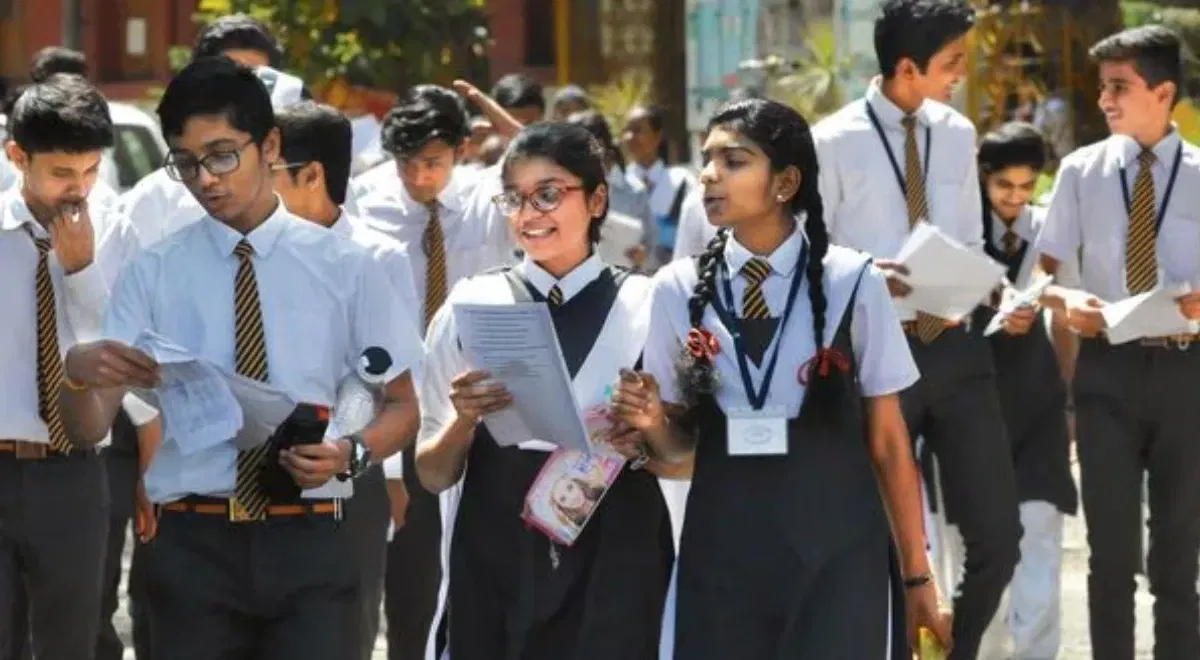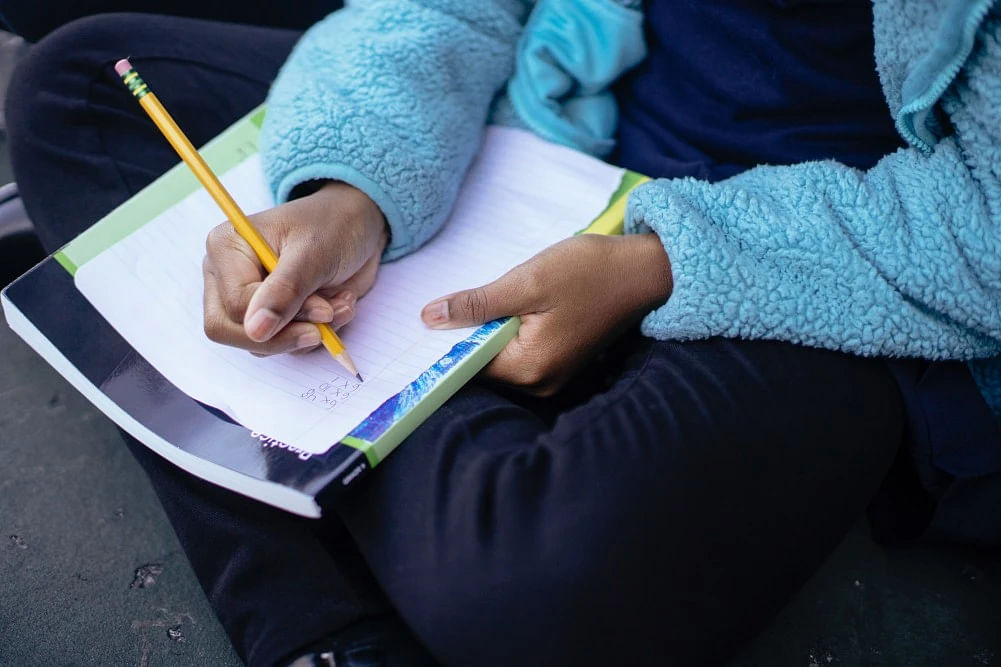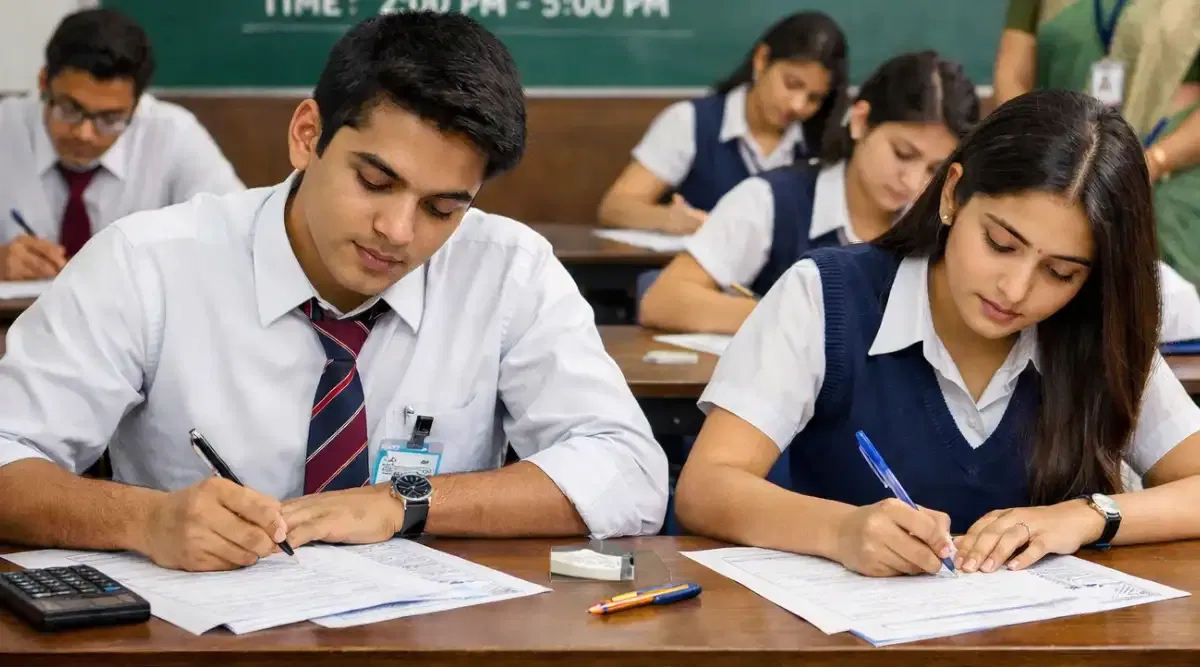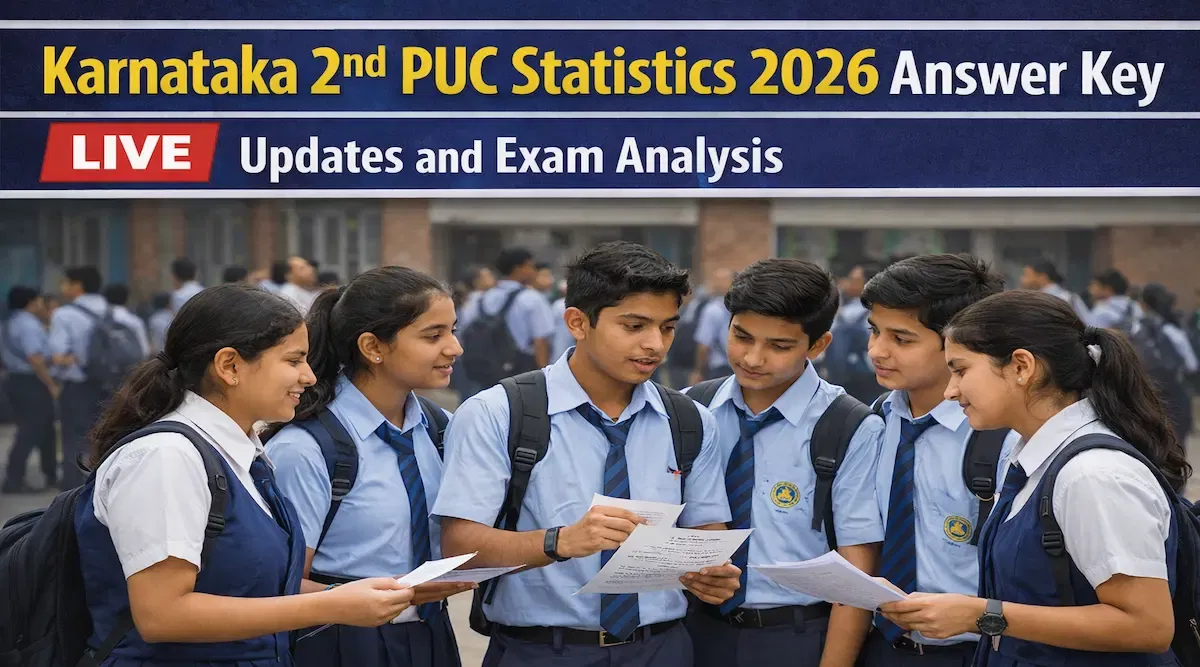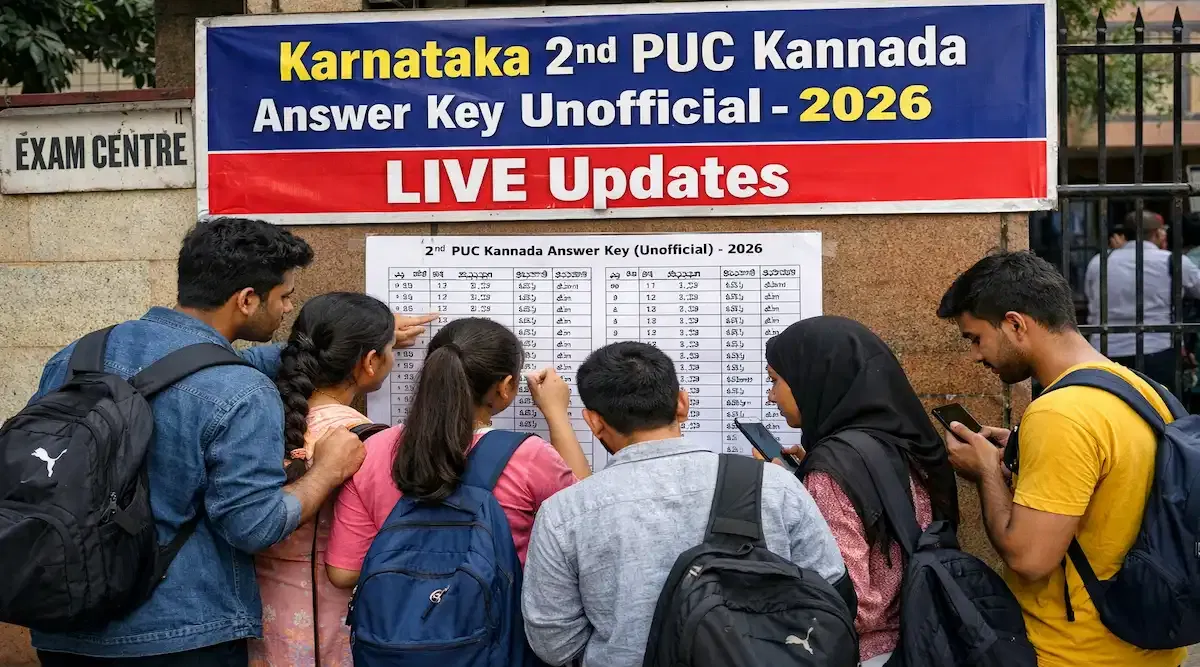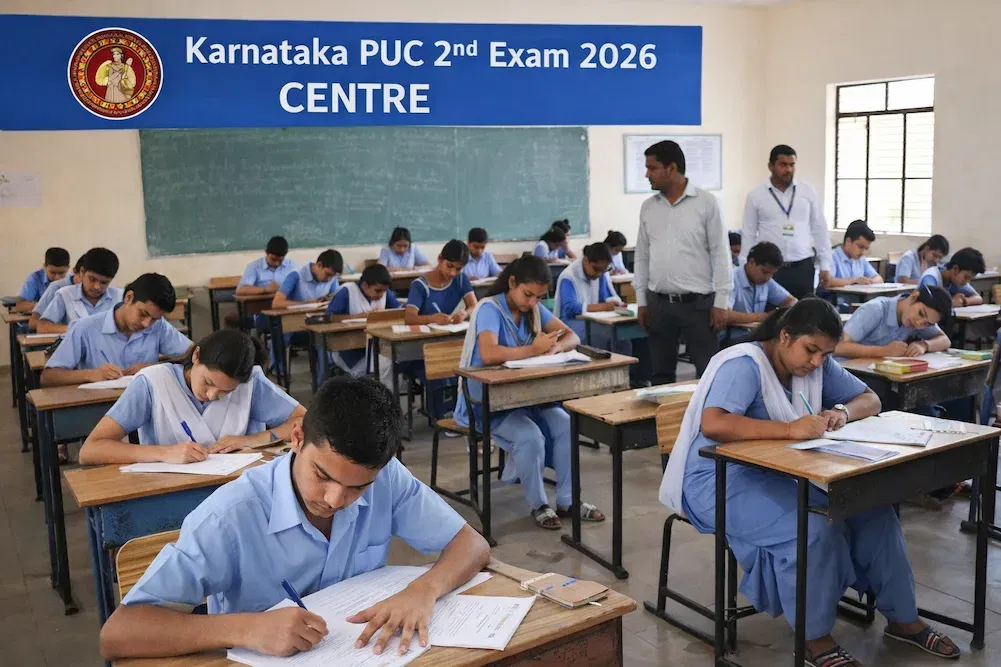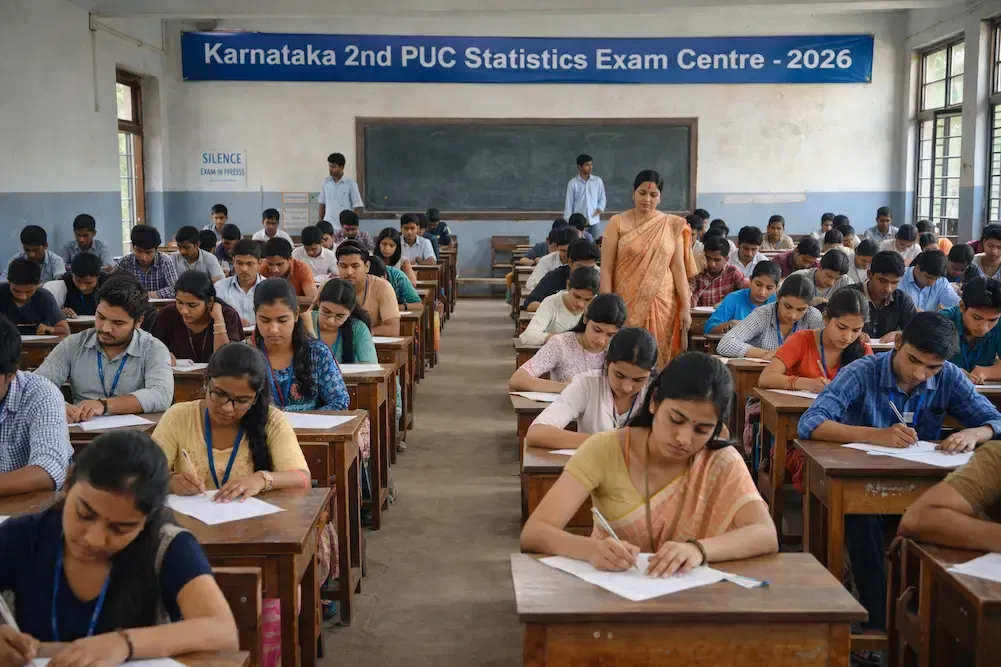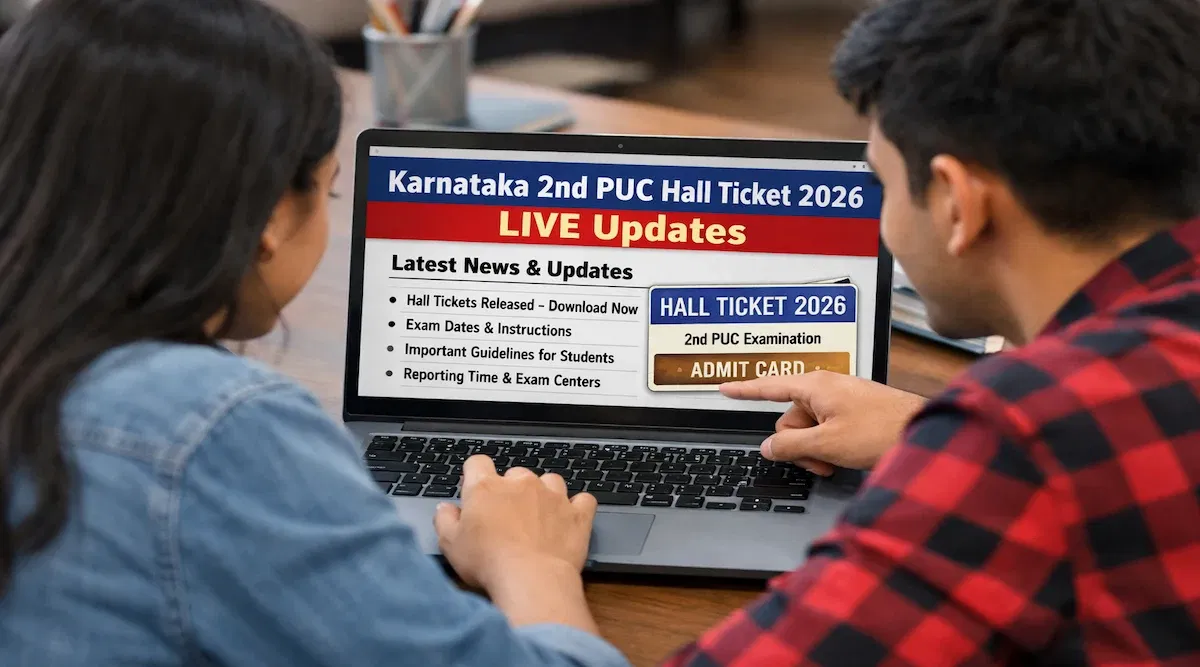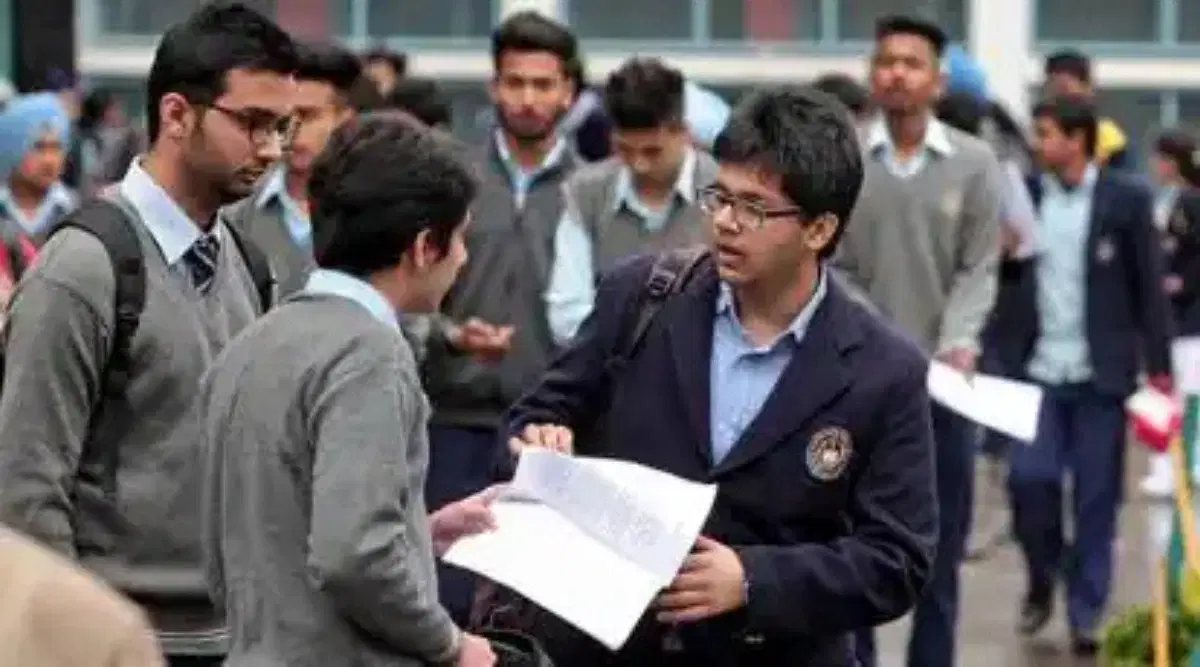Karnataka 2nd PUC Geography Latest Syllabus 2025-26: Download Latest and Revised Karnataka 2nd PUC Geography Syllabus PDF
Table of Contents
- Karnataka 2nd PUC Class 12th Geography Syllabus
- Karnataka 2nd PUC Class 12th Geography Syllabus: PDF Download
- How to Download Karnataka 2nd PUC Geography Syllabus
- Important Topics for Karnataka 2nd PUC Class 12th Geography Syllabus
- Best Books for Karnataka 2nd PUC Class 12th Geography Syllabus
- Preparation Tips Karnataka 2nd PUC Class 12th Geography Syllabus
Karnataka 2nd PUC Geography Syllabus: The Department of Pre-education Studies publishes the syllabus. This syllabus is available for students at pue.karnataka.gov.in. The primary focus of the syllabus is to develop a subjective knowledge of basic geographical principles. While candidates are checking for the syllabus they should also be aware of the Karnataka 2nd PUC exam pattern.
For the Karnataka 2nd PUC geography exam, 80 marks are allotted for the theory part and 20 are for internal assessments. One must follow the syllabus and sample papers provided by the board to outperform in the final examination.
Karnataka 2nd PUC Class 12th Geography Syllabus
There are a total of 13 units in Karnataka 2nd puc geography syllabus. Here is the table comprising chapter-wise details and topics.
|
Chapter |
Topics |
|
Human Geography |
|
|
World Population |
|
|
Human Economic Activities |
|
|
Transport and Communication |
|
|
Human Settlements |
|
|
Population of India |
|
|
Land and Water Resources |
|
|
Agriculture |
|
|
Mineral and power resources |
|
|
Manufacturing Industries |
|
|
Transport, Communication, and Trade |
|
|
Geographical Perspectives on Environmental Issues - planning and sustainable development |
|
|
Representation of Geographical Data |
|
Also Read: Karnataka 2nd PUC Question Bank
Karnataka 2nd PUC Class 12th Geography Syllabus: PDF Download
Candidates can click on the link given below to download Karnataka 2nd PUC geography syllabus PDF
|
Particulars |
Direct Link |
|
Karnataka 2nd PUC Class 12th Geography Syllabus PDF Download |
Also Read: Karnataka 2nd PUC Maths Model Question Paper
How to Download Karnataka 2nd PUC Geography Syllabus
Here are detailed steps to download the Karnataka 2nd PUC geography syllabus from the official website.
Step 1: Visit the official website of the Karnataka board, ie pue.karnataka.gov.in.
Step 2: Find the section named “Syllabus” on the home page.
Step 3: Select “Geography” from the subject list.
Step 4: Save the PDF to your device or take a printout for future reference.
Important Topics for Karnataka 2nd PUC Class 12th Geography Syllabus
The topics like Agriculture, population of India, and manufacturing industries consist of the highest weightage in Karnataka 2nd PUC geography syllabus. Here is a detailed description of the weightage of each topic in the syllabus.
|
Chapter |
Weightage |
|
Human Geography |
5-6 |
|
World Population |
5-6 |
|
Human Economic Activities |
6-8 |
|
Transport and Communication |
4-6 |
|
Human Settlements |
5-6 |
|
Population of India |
6-8 |
|
Land and Water Resources |
6-7 |
|
Agriculture |
7-8 |
|
Mineral and power resources |
6-8 |
|
Manufacturing Industries |
6-7 |
|
Transport, Communication, and Trade |
6-8 |
|
Geographical Perspectives on Environmental Issues - planning and sustainable development |
5-6 |
|
Representation of Geographical Data |
5-6 |
Best Books for Karnataka 2nd PUC Class 12th Geography Syllabus
Here we have some of the books to cover Karnataka 2nd puc geography syllabus comprehensively.
|
Book Name |
Author |
|
Karnataka 2nd PUC Geography Textbook |
Department of Pre-University Education, Karnataka |
|
India: Physical Environment (Geography for Class XII) |
NCERT |
|
Comprehensive Geography |
Majid Husain |
|
Certificate Physical and Human Geography |
Goh Cheng Leong |
|
A Textbook of Geography (For Class XII) |
G.C. Leong |
Preparation Tips Karnataka 2nd PUC Class 12th Geography Syllabus
Here are some expert-curated personalised tips to prepare for Karnataka's 2nd PUC geography syllabus.
- Understand the syllabus and concepts: The key to success in a subject is understanding its syllabus and knowing your level of understanding of that particular subject. Especially for subjects like geography, understanding the concept is very important for excellence.
- Create summary notes: To avoid last-minute hustle, keep your summary notes ready that will provide a quick revision filling up the small gaps in your preparation.
- Focus on time management: In the final examination time management is very important to cover every question. For effective time management try solving sample papers within a particular time limit.
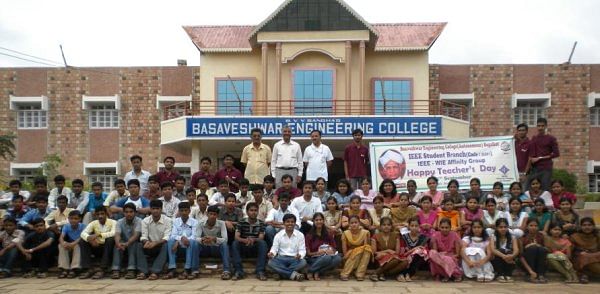


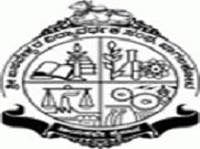
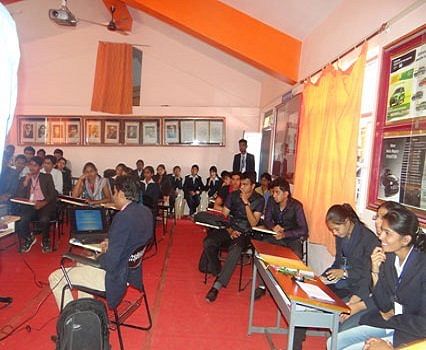

![Shri Basaveshwara Vidya Vardhak Sangha Ayurvedic Medical College, [SBVVSAMC] Bagalkot](https://media.getmyuni.com/azure/college-image/small/shri-basaveshwara-vidya-vardhak-sangha-ayurvedic-medical-college-sbvvsamc-bagalkot.jpg)
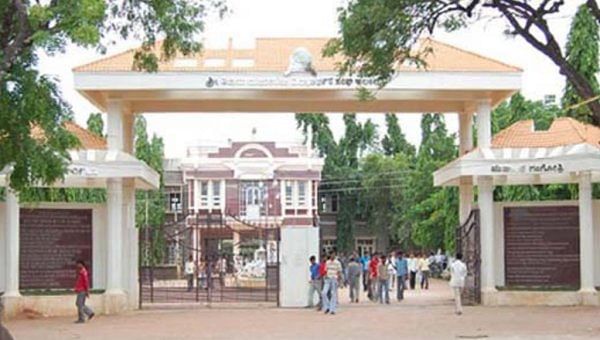
![Shri Vijay Mahantesh Vidya Vardhak Sangha Ayurvedic Medical College, [SVMVVSAMC] Bagalkot](https://media.getmyuni.com/azure/college-image/small/shri-vijay-mahantesh-vidya-vardhak-sangha-ayurvedic-medical-college-svmvvsamc-bagalkot.jpg)
